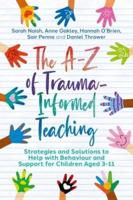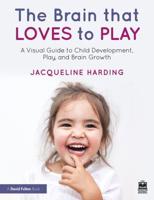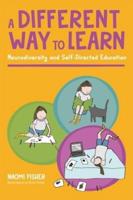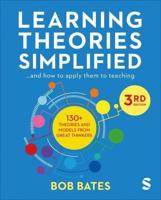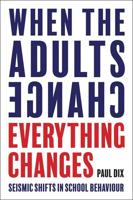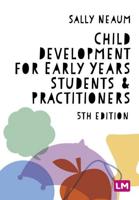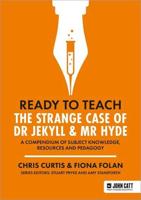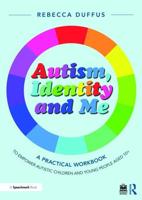Publisher's Synopsis
Learning in algebra and the visual arts has often been viewed as mutually exclusive activities. In this book, an attempt was made to connect how we learn in algebra and the visual arts from a social cognitive point of view proposed by Bandura (1986, 1997). That is, the social, cognitive, and to a lesser extent, biological dimensions of learning in algebra and the visual arts were considered. Also, the issue of a connection between algebra and the visual arts was tackled by taking into account the most recent advances in cognitive science, like the "situated movement," the notion in a nutshell that cognition is extended throughout our social relations and practices.Building the link between algebra and the visual arts was done by doing several things. First, the historical context for the schism between our understanding of learning in algebra and the visual arts was considered. Second, a detailed review-cum-analysis of the literature, yielding themes upon which to make the connection between algebra and the visual arts, was developed. Turing to the fieldwork, third, the method was to utilize four probing case studies to explore how those immersed in mathematics or the visual arts.

